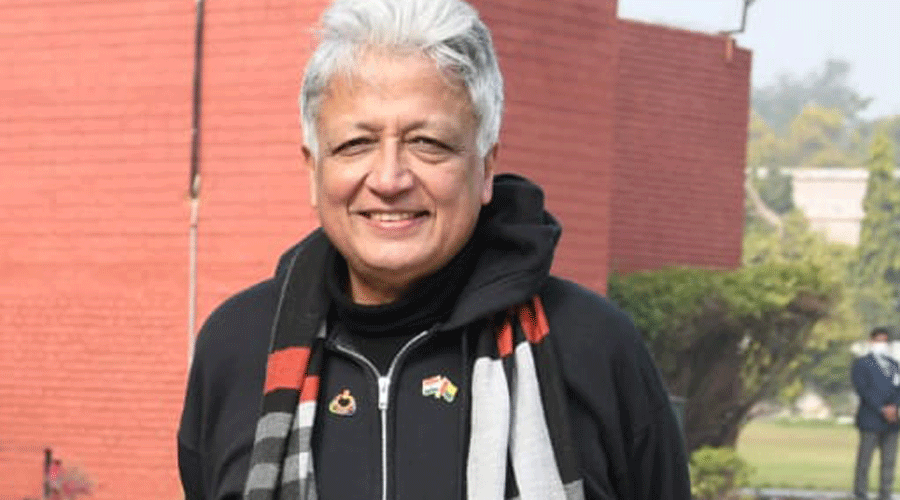India is “well-poised to provide leadership” to the world in meeting the primary challenges of health, climate instability and economic recovery through free and open seas that humankind is faced with today, according to former diplomat Deepak Vohra.
While delivering the 7th Professor Sarat Mahanta Memorial Lecture in Guwahati on Sunday evening, Vohra said neighbouring countries such as Nepal, Maldives and Sri Lanka, who were once “very critical” of India and closely aligned with China, were now “looking to” India for help.
Asserting that the world “needs” India more than India needs the world and that “its time in the world stage has come”, Vohra in his presentation took the audience through the difficult years and decades since Independence when India had to “beg for food grains and had to mortgage its gold reserves” to the present when world leaders “defer to India” and is “now marvelling at our capacity” to meet all ambitious targets, be it vaccinating our people or meeting green energy targets, ahead of schedule.
“We stumbled and fell when the pandemic hit us, but we picked ourselves up and tackled it head on very successfully... India has successfully tackled the gargantuan health crisis posed by the Covid-19 virus, and will emerge as a health hyperpower,” Vohra said.
The1973 batch former IFS officer has represented India in many nations across the world, including the US, France, Spain, Poland, Vietnam and a host of African countries. Presently he is the special advisor to the heads of governments of Lesotho, South Sudan and Guinea-Bissau.
“Our country is getting ahead in hyper-technology that will drive the world. We have made tremendous strides in digitisation and have recorded the highest number of digital transactions in the world. We have the highest pace of constructing highways in the world and will achieve other social targets like supplying potable water to every household very soon. Indians are a special people who have to provide leadership to the world now,” Vohra said.
The lecture was attended by senior officials, politicians, academics, professionals, journalists and civil society leaders.











